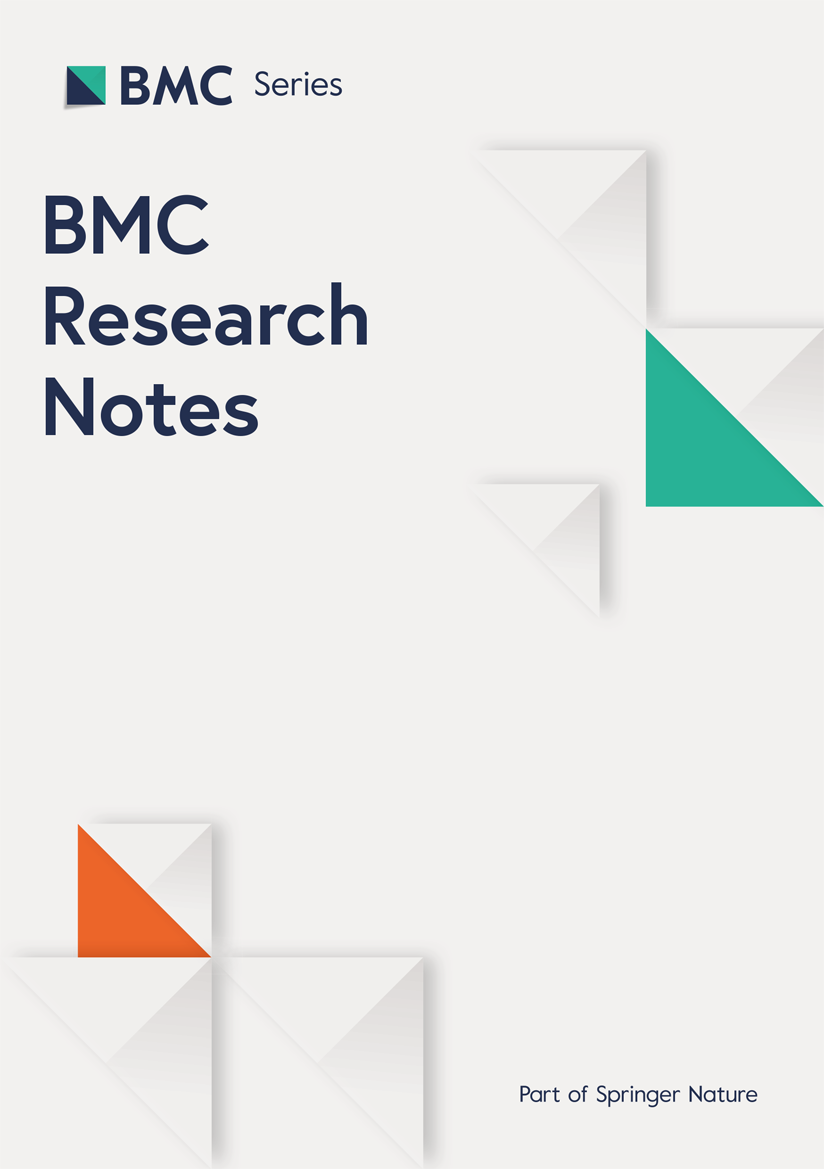My RBC etc tested high in April, so we say lowering your dose may help. Using that train of thought my doctor had prescribed me 200mg of test cyp every 10 days on 1-18-22, and on 3-26-22 I tested and my serum T levels were at 2103. I immediately dropped the dose to 100mgs every 10 day and on 4-18-22 (3 wks later) my serum levels were 830 but my RBC count etc were all high. Could this very high dose cause my RBC etc to rise and stay elevated 3 weeks after I lowered the dose and tested again?
There has been no change in my blood pressure and the average has actually significantly dropped since I switched from Losartan to Telmisartan in April.
Another thought, when you go it to do blood work they always insist that you are fasted, meaning noting to east after 10PM the night before. So naturally I also don't drink anything. How much effect would that have on blood levels so if you test at 8am?
Granted I am very educated and very well read but stuff admittedly is way out of my field of exercise physiology and sports nutrition.
















